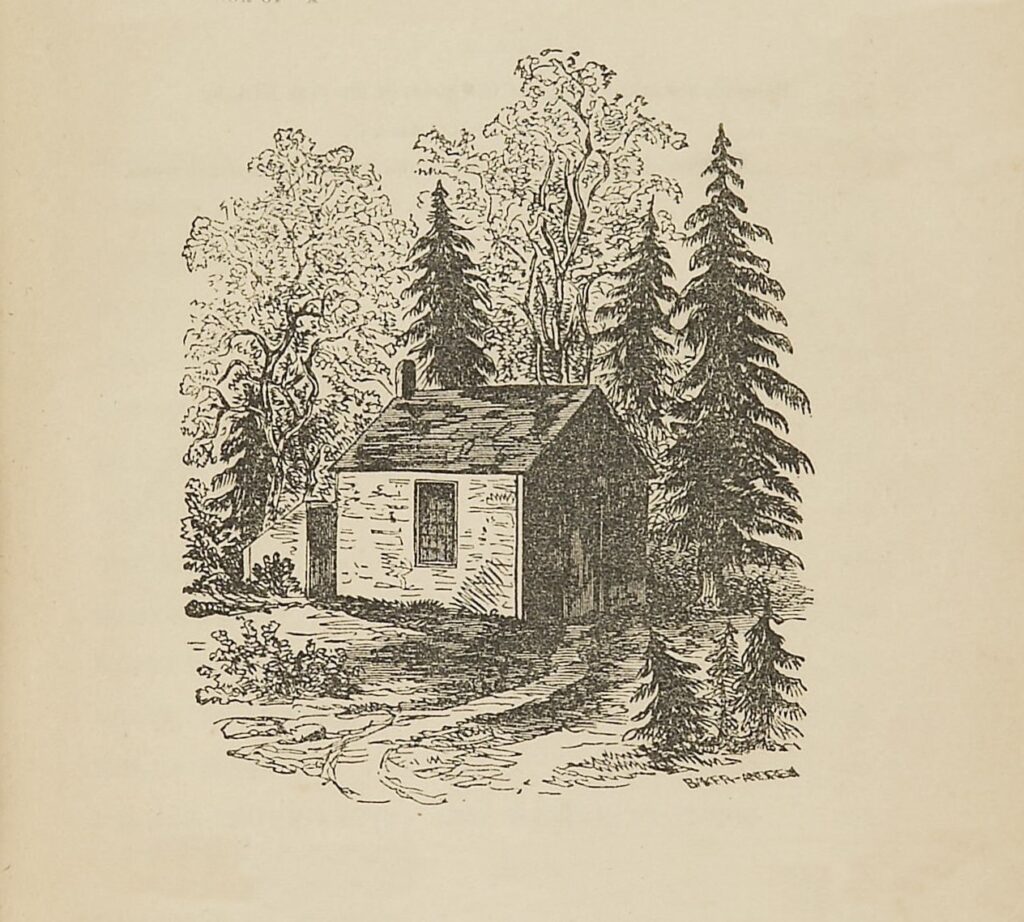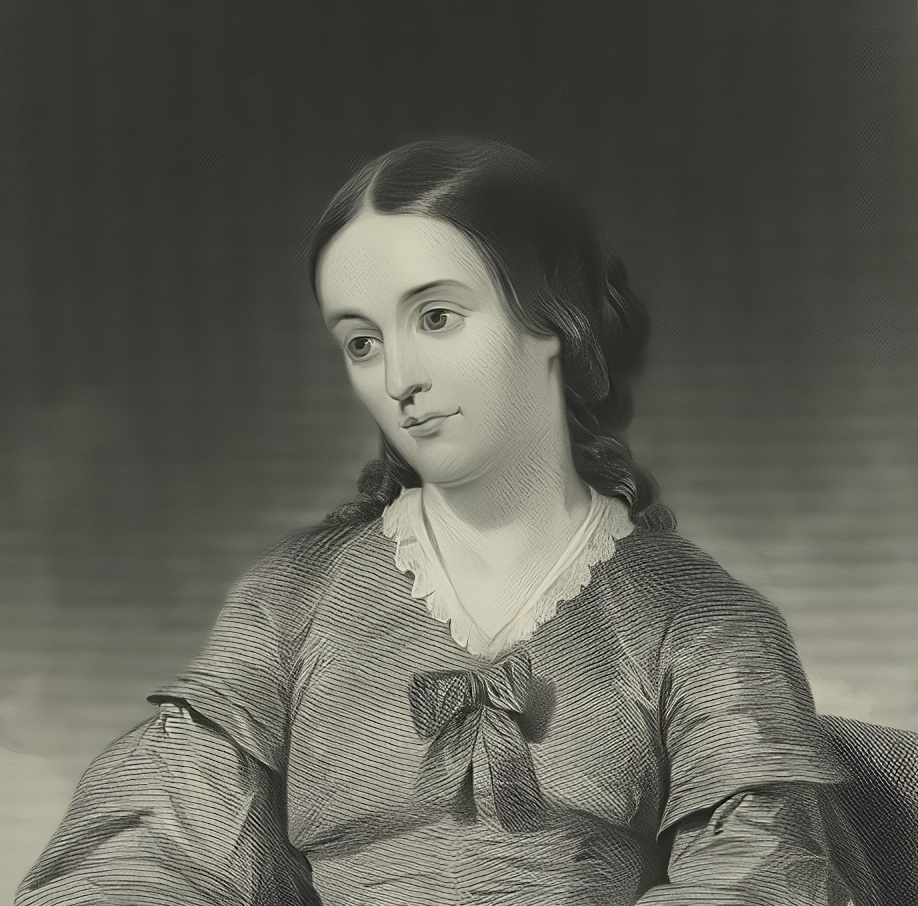Paul Krugman? Herman Kahn? Steven D. Levitt? Stephen J. Dubner? Apocryphal?

Question for Quote Investigator: Predicting the technological future is enormously difficult. Will society ever have flying cars, home robots, or cities on Mars? The opinions of enthusiasts, skeptics, and experts are highly variable. The record of most prognosticators has been poor. Apparently, during the 1990s when the internet was embryonic a prominent economist said:
It will become clear that the Internet’s impact on the economy has been no greater than the fax machine’s.
Would you please help me to identify the economist and find a citation?
Reply from Quote Investigator: In June 1998 Nobel prize-winning economist Paul Krugman published a piece in “Red Herring” magazine titled “Why most economists’ predictions are wrong”. Krugman discussed the overly optimistic predictions of futurist Herman Kahn:1
An example: though Kahn was skeptical that housecleaning robots would be available by 1984, he regarded them as more or less a sure thing by 2000.
Krugman’s article presented the following thesis:
The truth is that we live in an age not of extraordinary progress but of technological disappointment. And that’s why the future is not what it used to be.
Krugman took a skeptical stance about the transformational nature of the internet. Boldface added to excerpts by QI:
The growth of the Internet will slow drastically, as the flaw in “Metcalfe’s law”—which states that the number of potential connections in a network is proportional to the square of the number of participants—becomes apparent: most people have nothing to say to each other! By 2005 or so, it will become clear that the Internet’s impact on the economy has been no greater than the fax machine’s.
Below are additional selected citations in chronological order.
Continue reading “Quote Origin: It Will Become Clear That the Internet’s Impact on the Economy Has Been No Greater Than the Fax Machine’s”







